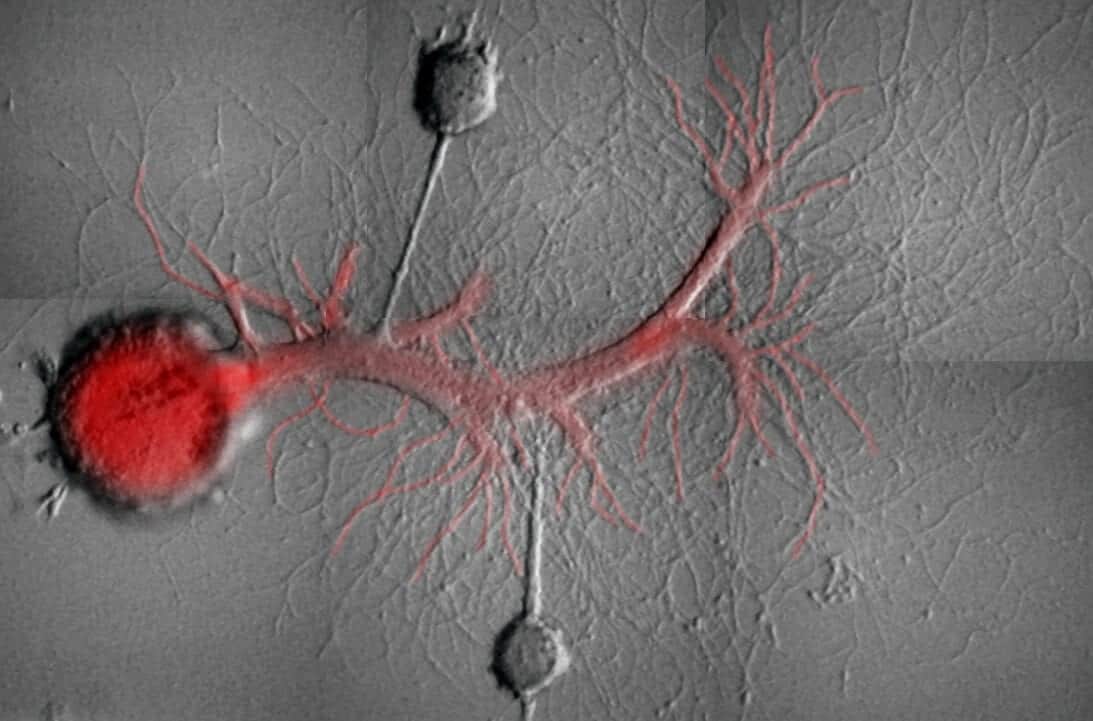If you’ve ever wanted to erase the memory of a sad or traumatic experience, a new study may hold the clue.
Performing research on snails, scientists have discovered a way to delete specific memories in the animals by disrupting neural connections and blocking the pathways of what are essentially memory bonds.

Importantly, the researchers were able to delete some memories — and preserve others — that were stored in the same neuron, which suggests that future therapies may be able to pinpoint exact memories to be deleted without affecting important pieces of the past that you’d prefer to remember.
The research may be especially important for those who experience traumatic events. That’s because when a person undergoes a highly charged emotional experience, the brain may encode several memories, not all of which are inherently painful — although even the innocuous memories may later trigger anxiety.
“The example I like to give is, if you are walking in a high-crime area and you take a shortcut through a dark alley and get mugged, and then you happen to see a mailbox nearby, you might get really nervous when you want to mail something later on,” said co-author Dr. Samuel Schacher, a professor of Neuroscience in the Department of Psychiatry at Columbia University Medical Center.
Related: MDMA Moves Closer to Being PTSD Treatment
The new study suggests that it may be possible to remove the “incidental” memory — in this case, the mailbox memory — so that an individual no longer associates mailboxes with fear.
“One focus of our current research is to develop strategies to eliminate problematic non-associative memories that may become stamped on the brain during a traumatic experience without harming associative memories, which can help people make informed decisions in the future – like not taking shortcuts through dark alleys in high-crime areas,” said Schacher.
Snipping Snails’ Memories
For the new study, the researchers appear to have overturned a key piece of conventional wisdom held among scientists — that is, that it would be impossible to select and delete a single memory in a neuron without disrupting the other memories encoded in the same neuron.
Instead, they found that single sensory neurons, when connected to a motor neuron, gained a connection strength by different forms of protein molecules. By blocking one of the protein molecules, the researchers found they could essentially erase one of the memories without disrupting the connections between the other one.
Because human beings have similar proteins, the researchers speculate that a type of memory-altering therapy may be possible.
Related: Marijuana May Reverse Brain Aging, Boost Memory
“Our study is a ‘proof of principle’ that presents an opportunity for developing strategies and perhaps therapies to address anxiety,” said Dr. Schacher. “For example, because memories are still likely to change immediately after recollection, a therapist may help to ‘rewrite’ a non-associative memory by administering a drug that inhibits the maintenance of non-associative memory.”
For individuals who suffer from anxiety-inducing conditions, such as post-traumatic stress disorder (PTSD), the new work holds vast promise.
“Memory erasure has the potential to alleviate PTSD and anxiety disorders by removing the non-associative memory that causes the maladaptive physiological response,” noted co-author Dr. Jiangyuan Hu, an associate research scientist in the Department of Psychiatry at CUMC.
“By isolating the exact molecules that maintain non-associative memory, we may be able to develop drugs that can treat anxiety without affecting the patient’s normal memory of past events,” said Jiangyuan.
The study appeared in the journal Current Biology.
Richard Scott is a health care reporter focusing on health policy and public health. Richard keeps tabs on national health trends from his Philadelphia location and is an active member of the Association of Health Care Journalists.


![How To: ‘Fix’ Crepey Skin [Watch]](https://cdn.vitalupdates.com/wp-content/uploads/2017/05/bhmdad.png)












